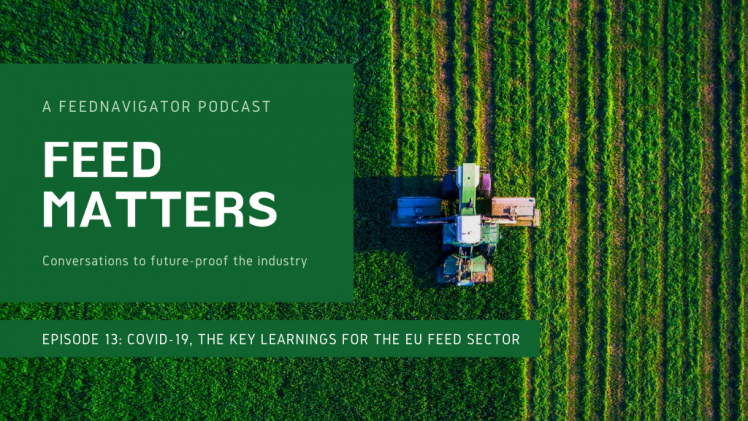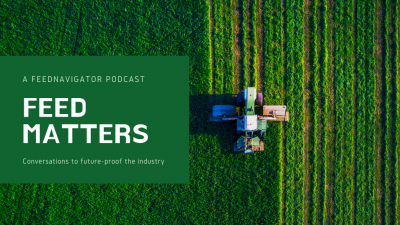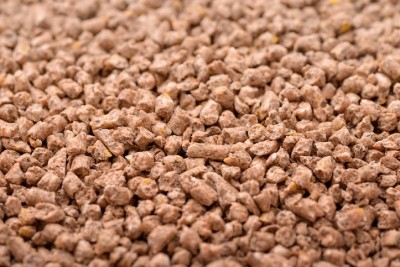Key learnings from Covid-19 for the EU feed sector

“We have to stay vigilant…. we are still in a very volatile situation,” said Alexander Döring, secretary general, FEFAC, in a Feed Matters podcast.
Referring to the problems in slaughterhouses, which first emerged in the US, but have also hit a number of such facilities in European markets, he said that, in the main, the EU feed production sector has been able, to date, to implement social distancing rules.
“The social distancing rule is a key issue for all actors of the food and feed chain. But a key learning is that more needs to be done, more needs to be considered to ensure our facilities can continue to operate; most of our feed mills work on a 24/7 basis, so there has been major adaptations in the way workforce shifts are organized, and there has been training [provided] for truck drivers to ensure safe delivery of feed on farm. What has helped in this respect has been the heavy investment in biosecurity by the sector,” said Döring.
There were also insights gained into what technological innovation could bring to the sector, in terms of supporting remote working, for example.
“Technology was definitely a key helper to ensure that crucial control room functions were able to be moved into home office environments. That clearly has been a huge asset [in the past few months]. Previous investments, [earlier] upgrades of IT [operations] in control rooms have been essential for a smooth transition [of such mill control functions] into a home office environment for key staff.”
‘No room for complacency’
To secure feed and premix manufacturer business continuity, he said seamless and open communication with companies, national sanitary competent authorities, European regulators and global organizations is essential so that borders are kept open and industry can stay ahead of Covid-19 related developments.
“Rules are changing almost on a weekly basis, so you have to have capacity to adapt to a very fast evolving situation, to new Covid-19 management rules as far as advice on transport and flow of goods is concerned...
“There is no room for complacency.”
FEFAC is still expecting a significant downturn for overall feed production for 2020. But Döring did outline the positive developments that are occurring internationally, such as the global agri-commodity markets now seeing greater influence from weather related events rather than the pandemic, and the fact that the international trade in micro-ingredients would seem to be, more or less, operating as normal.
FEFAC congress format amended
FEFAC has been forced to adapt itself as an organization. Its congress, originally scheduled for June 2020 and then pushed back to September 2020, has seen a change in terms of both format and location, arising out of new Covid-19 linked restrictions just put in place in Belgium. The conference will now take place in Brussels, instead of in Antwerp, but on the same dates - 24-25 September 2020. It will be a blended offering of an on-site event, mainly for FEFAC members, with web-streaming of key sessions such as that on the FEFAC sustainability charter and the industry reaction to the EU Green Deal.










